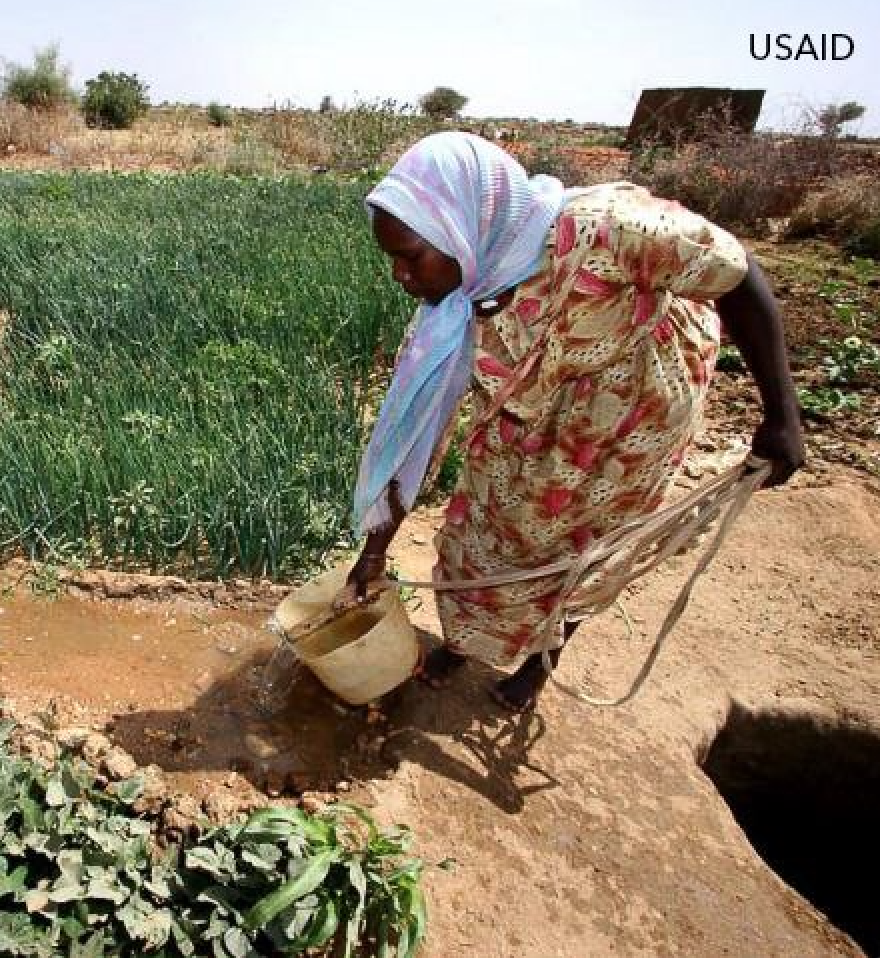Hierarchical Modelling of Small-Scale Irrigation: Constraints and Opportunities for Adoption in Sub-Saharan Africa

Irrigation is an underutilized agricutural technology in Sub-Saharan Africa (SSA) with signficant potential to enhance yields and resilience to climatic shocks. Nonethless, and compared to other inputs such as inorganic fertlizers, irrigation has historically received limited policy attention in the region. Interest by donors, governments and farmers changed over the last decade, however, as a result of the food price crisis and rapidly increasing climate variability and climate change (Fuglie and Rada2012; Sheahan and Barrett2017; Ringler2021). African Heads of States have declared their commitment to strengthen existing water basin organizations and establish new ones as part of the Sirte Declaration, as well as increase the efficiency and effectiveness of water management systems through irrigation to end hunger by 2025 as part of the Malabo Declaration (African Union Commission2004, 2014). The development of sustainable land management and reliable water control systems is also one of the four pillars of the Comprehensive Africa Agriculture Development Programme (CAADP) to transform Africa’s agriculture and ensure sustainable economic development (African Union and NEPAD2003).